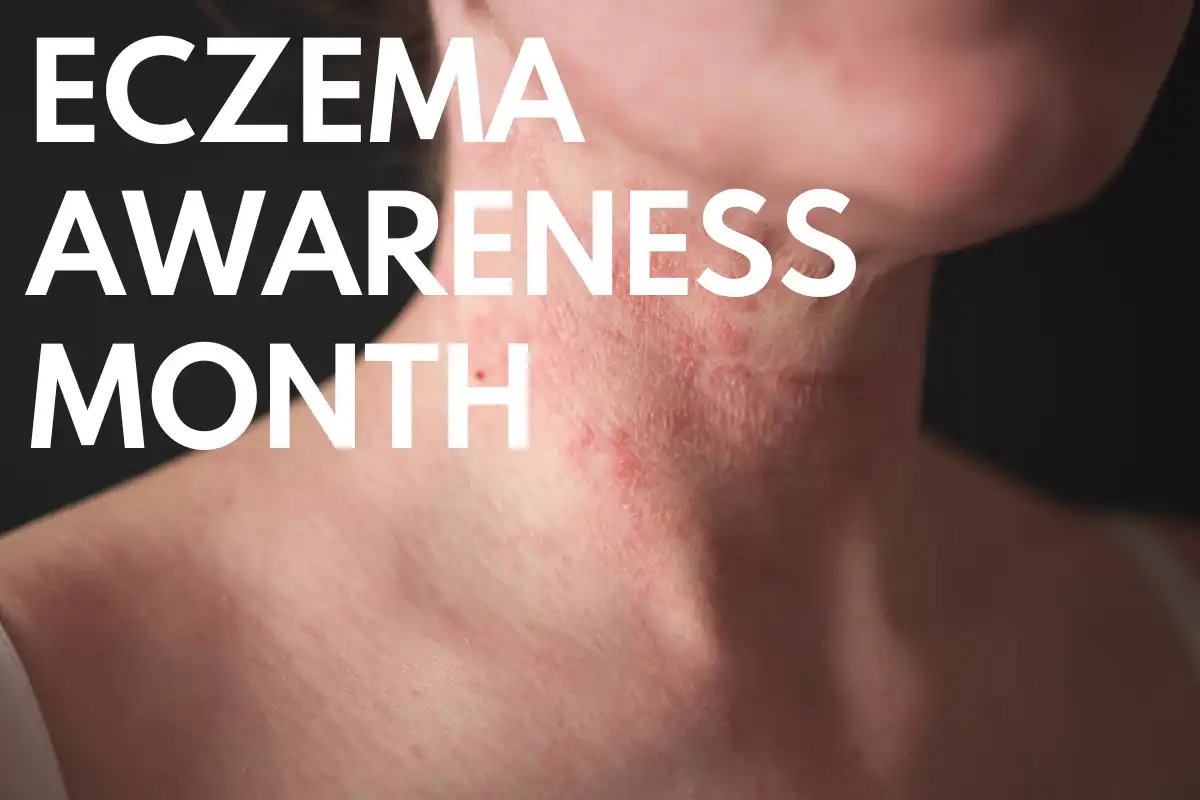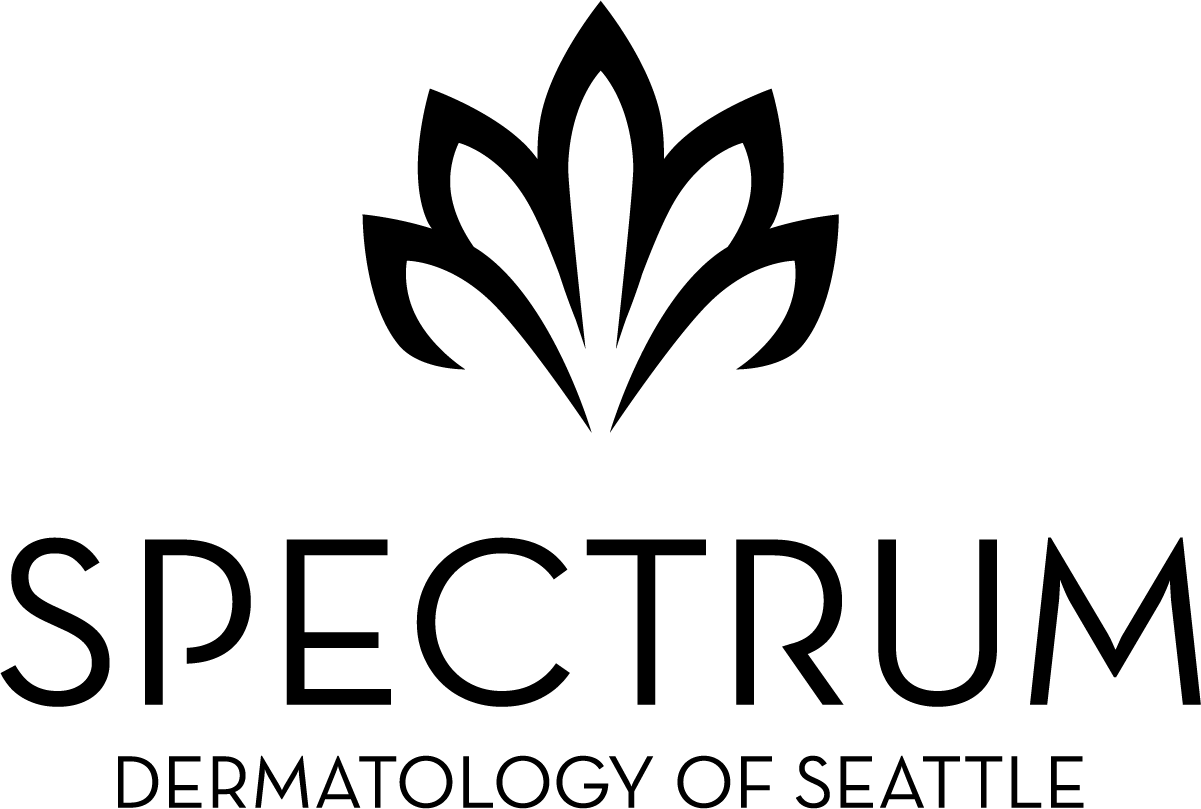
Eczema is a common condition that can significantly impact daily life, mental health, and sleep. While there's no cure, effective management can alleviate symptoms and improve overall quality of life.
Beyond Steroids: A Wider Range of Options
While topical steroids have been a cornerstone of eczema treatment since the 1950s, and when used as prescribed can be safe and effective, recent advancements offer a wider range of treatment options. Non-steroidal therapies, both topical and systemic, can effectively reduce symptoms and potentially clear active eczema.
Tailored Treatment Plans
When patients consult us about eczema, we work with them to develop a personalized treatment plan based on individual needs and triggers. Frequent monitoring, especially during initial treatment, ensures optimal management. Our goal is to establish a sustainable maintenance regimen that minimizes medication and potential side effects, while maximizing symptom improvement.
Lifestyle Factors: A Holistic Approach
Lifestyle factors play a crucial role in eczema management. While scientific studies have not identified a specific diet that treats or cures eczema, emerging evidence suggests that a low glycemic index diet can have anti-inflammatory effects on the whole body. Studies have consistently demonstrated the impact of eczema on the quality of sleep, and addressing sleep disturbances is essential to the management of eczema. We also focus on strengthening the skin's barrier, as it plays a vital role in preventing eczema flares. People with eczema are frequently missing one of the protein components of the barrier of the skin, which compromises its ability to keep the outside world out and the inside world in. If we can improve the skin barrier, we can reduce many of the symptoms of eczema.
Skincare Essentials
- Gentle Cleansing: Avoid harsh soaps and opt for gentle cleansers that won't strip the skin. Vanicream and La Roche Posay both make gentle cleansers that are hypoallergenic and hydrate the skin while cleansing.
- Moisturization: Regularly apply ceramide-containing moisturizers to replenish the skin's barrier. La Roche-Posay Lipikar has ceramides and a lipid complex which allow for excellent hydration of the skin. Vanicream Daily Facial Moisturizer also has ceramides and is an excellent medium weight moisturizer that allows for layering of sunscreens and make up without leaving residue or peeling.
- Microbial Control: Use gentle antimicrobial agents to prevent bacterial imbalances that can trigger flares. Our favorite brand is CLn, whose cleansers contain hypochlorous acid, a gentle antimicrobial that helps control organisms without overly stripping and irritating the skin.
- Sunscreen: Mineral sunscreens offer protection without irritating sensitive skin. We carry an excellent assortment of mineral sunscreens, including: EltaMD Elements, La Roche-Posay tinted and untinted fluid sunscreens, Vanicream Facial Sunscreen, SkinBetter, and Colorescience in both lotion and powered applications. Colorescience and EltaMD have sunscreens in varying tints, including deeper tints, to accommodate our patients with skin of color. We also have full body sunscreens from EltaMD and La Roche-Posay.
- Product Awareness: Be mindful of fragrances, preservatives, and chemicals in daily products.
Partnering for Success
By addressing both physical and mental health aspects of eczema, we can achieve long-term improvement. Our goal is to partner with you to create a sustainable management plan that allows you to be able to enjoy your life to the fullest, without your eczema holding you back.

Written by Valerie Cooper, PA-C, MPAS.
Valerie is passionate about building connections with patients, medical and procedural dermatology, and building cosmetic anti-aging "road maps" with her patients.










